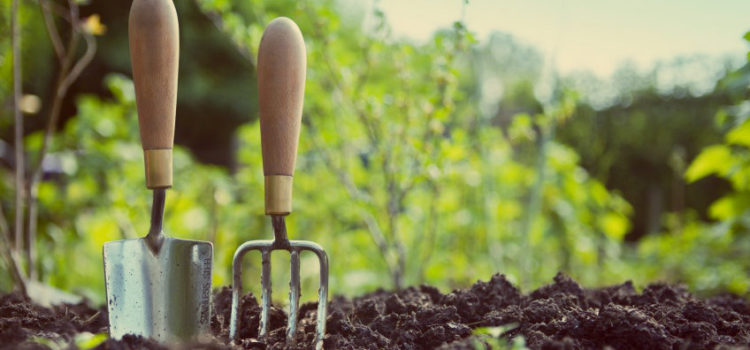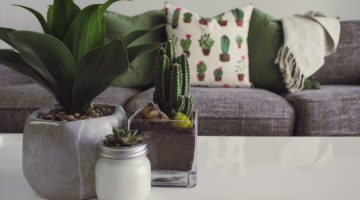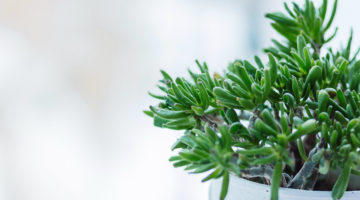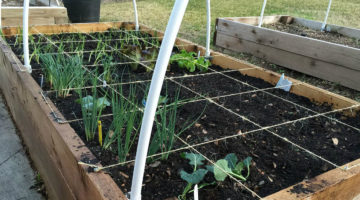Organic gardening is all about being as healthy as you can when growing your own food. Many health savvy people have started to steer away from non-organic foods for several different health reasons. One of the biggest is keeping harmful pesticides outside of their bodies that many farmers use on their crops to keep harmful bugs from reducing their harvest. This is also easy to do at home with your gardening process and can make the food you eat tastier as well as making it healthier for your body to take in. So how do we start our own organic garden?
Isn’t it More Work?
Organic gardening takes a lot of work rather than using quick man-made chemicals to quickly remove problems from your garden. To successfully have an organic harvest, you’re going to have to be willing to put in a little extra work than normal and stay on top of it each day. A garden is a responsibility that you really have to set your mind to taking care of. At times it will get frustrating, but at the end of it, all your fresh harvest will be more than worth it. With all things in the world, you generally get what you put out.
The saddest things you’re going to learn about organic gardening is that it won’t last all year round. Organic gardening is so natural you will only be able to it grow in season plants. Don’t let that deter you as this is still a great way to grow lots of food that can be stored for the winter months. One of the beliefs of organic gardening is that in order to get the best produce everything has to be completely natural. This makes it harder to do organic gardening completely with greenhouses or things that simulate unnatural climates for the plants to grow in.
Weeding Out The Competition
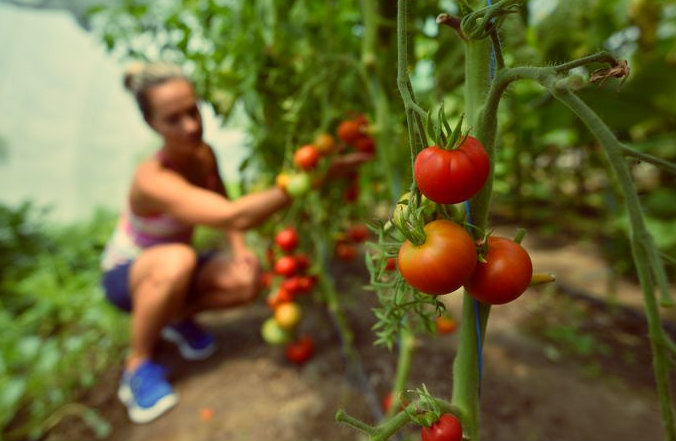 The biggest problem you’re going to run into with organic gardening is pest control and weed control. It’s not as bad as it seems there are plenty of ways to organically control both weeds and pests within your garden. You may find that these fixes are even easier than you initially thought. All it takes to keep the bugs and weeds is actually a little bit of innovation on your part. With a little bit of luck, we can accomplish just about anything with organic gardening.
The biggest problem you’re going to run into with organic gardening is pest control and weed control. It’s not as bad as it seems there are plenty of ways to organically control both weeds and pests within your garden. You may find that these fixes are even easier than you initially thought. All it takes to keep the bugs and weeds is actually a little bit of innovation on your part. With a little bit of luck, we can accomplish just about anything with organic gardening.
This is where you’re going to need to do things other than just the basics of planting. This is the
part, you’re going to probably need to buy some mulch. Believe it or not, mulch is actually a pretty awesome little weed eater that can make your gardening become a lot easier. Mulch actually works by blocking sunlight that can get weeds and help them grow bigger and stronger. When you cover an area of dirt with mulch around your plants, then you’re pretty much blocking out any possibility that weeds will grow around it.
If you don’t feel like dealing with a bunch of weeds trying to take everything over then there’s always the old-fashioned way. One of the best ways to keep weeds out is to pull them up from their roots and removing them by hand. To do this, be sure to grab the base of the stem and pull from the ground. Just removing the top of the plants will get rid of them but if you get the roots out as well then you will be more successful in keeping further weeds out of your garden. It may seem easier to dig but remember that a lot of times weeds will grow close to your own plant’s roots and digging could endanger the plants you actually want to grow in your garden. If at first, you don’t succeed, look for better ways to prevent weeds sprouting again and try from there instead of possibly injuring your young plant.
Bugs & Pests
Next, we’re going to talk about every farmer’s worst nightmare, a swarm of bugs eating their crops. When you see bugs swarm around your plants, you may freak out. Bugs are notorious for eating away at plants and killing them prematurely. Without insecticides, you may be wondering just how you can keep these little pests out of your garden successfully. Well, bugs are part of nature and all of them aren’t bad for your plants. In order to really get rid of bugs, you have to embrace them and accept the fact that you can never really get rid of them completely.
This doesn’t mean you need to give up on saving your plants though. There are a lot of plants that can ward off insects that you can plant your crops to keep them away. It’s also advised to spread out your plants so that bugs won’t just target one crop to chew on. No matter what you do, if you’re growing outside in an environment where bugs live, then they’re bound feed on a few of your plants. Don’t freak out as this is entirely natural and plants are used to dealing with a few hungry visitors. If you end up having bigger visitors to your garden, you can put chicken wire around the crops to better protect them. A lot of the time people will be surprised to find out that animals like deer are more of a danger to their crops than bugs or weeds could ever be.
Finally, you may be wondering if there is anything special you need to do when it comes to watering. With organic gardening, you’re going to want to do things like check with your fingers to see if the soil is moist. Generally, the rule is sticking two fingers about two inches into the soil to check the moisture. If you’re worried that your plants aren’t getting enough nutrients then you can try using a compost pile. Don’t throw anything too wild in the compost pile, mostly go with the vegetable and fruit scraps your family didn’t finish eating. These scraps can be placed around plants to give these extra nutrients to be absorbed into the soil. The watering and fertilizing part of organic gardening is actually pretty simple. There is nothing too hard about it and compared to the other parts of managing pest problems keeping your plants fed and watered will be a breeze.

